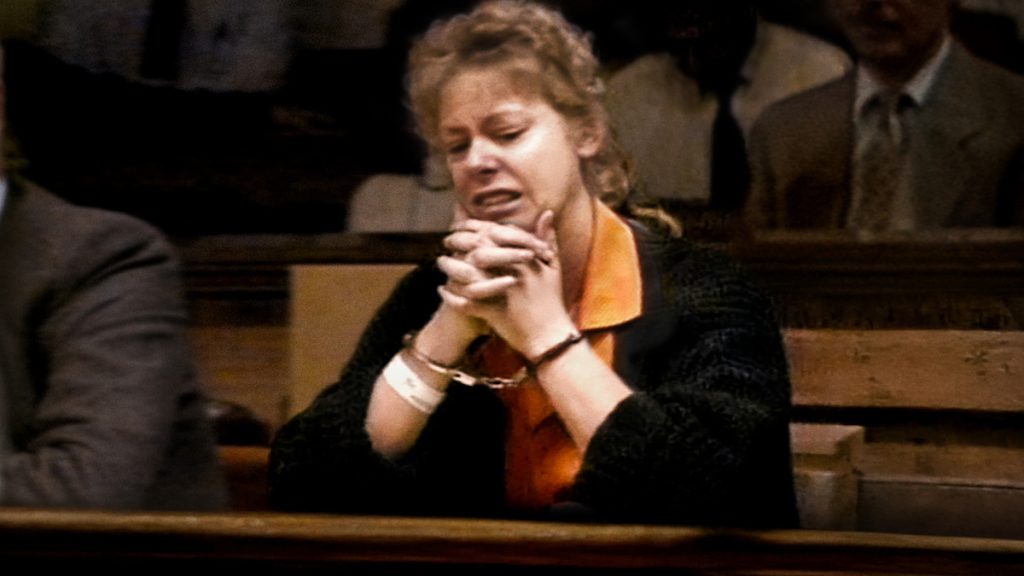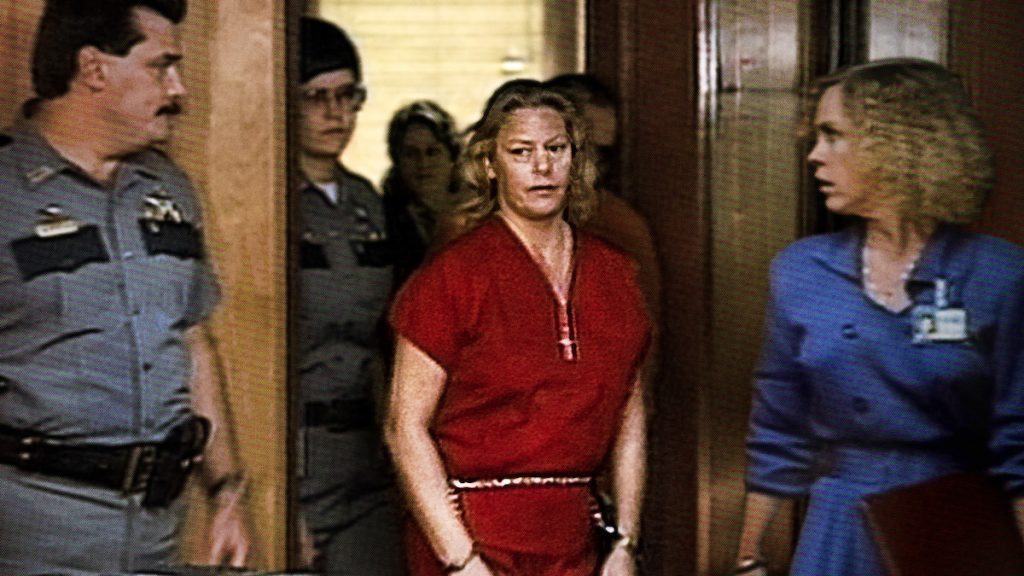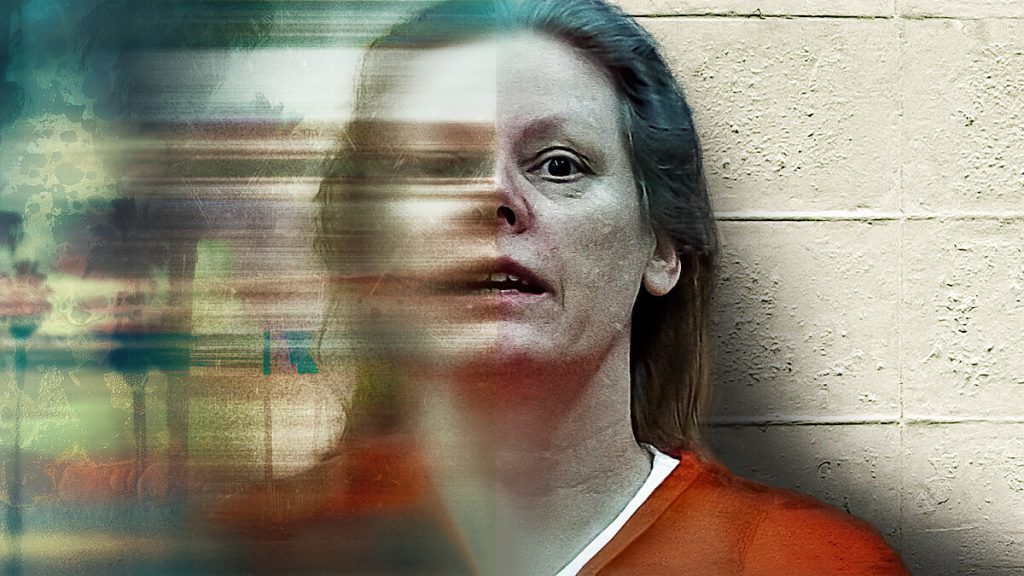He Says Serial Killer Aileen Wuornos Let Him Walk Away — The Chilling Story of the Only Man She Spared
In the dark legend of Aileen Wuornos, the woman who would become one of America’s most infamous female serial killers, there exists one story that stands apart — the story of the man she didn’t kill. While seven others met their end between 1989 and 1990 along Florida’s highways, one man says he came face-to-face with death, and somehow, she let him go.

Aileen Wuornos was a drifter, a sex worker, and a survivor of unimaginable trauma. Her life was a cycle of abandonment, abuse, and violence long before the headlines began. By the time she picked up a gun, she had already been failed by almost every system meant to protect her. But that history doesn’t erase the horror she inflicted. Seven men were shot dead — all strangers, all lured by the promise of company, and all caught in the crossfire of her rage and fear.
In the years since her execution in 2002, countless documentaries and dramatizations have tried to piece together who Wuornos really was — the woman, the victim, the killer. But the man she spared adds a new layer to that mystery. His name has rarely been publicized, but his account of that encounter sheds light on the unpredictable psychology behind her crimes.

According to his story, he had picked up Wuornos just as many of her other victims had — alone, on a Florida roadside. But something about that night was different. He recalls her mood shifting from guarded conversation to eerie silence. There was a moment, he says, when she reached for something — perhaps a weapon — and then stopped. Instead, she looked at him and told him to get out. “You don’t want to be here,” she reportedly said. “Just go.”
He did as she said, driving off without looking back. It wasn’t until months later, after the headlines broke and Wuornos’ mugshot spread across the nation, that he realized who she was — and how close he had come to becoming her eighth victim.
Why she spared him remains one of the most haunting questions. Was it a fleeting moment of humanity? A reminder of someone from her past? Or perhaps, as some criminologists have suggested, even serial killers occasionally experience flashes of self-awareness — brief moments where they see their victims not as targets, but as people.
Wuornos herself claimed that she killed in self-defense, insisting that the men she shot had tried to hurt her first. Her defenders saw her as a tragic figure, pushed beyond the brink by years of violence and exploitation. Her critics saw a cold-blooded murderer. The truth, as always, lies somewhere in between — in the tangled lines between trauma and accountability.
The man who walked away has said he doesn’t see himself as lucky — only changed. “I still think about her,” he once shared in an interview. “Not with anger. Just confusion. She could’ve pulled the trigger, but she didn’t. And I’ve spent my whole life wondering why.”
That question — why him, why not him — captures the enigma that Aileen Wuornos still represents. For all her notoriety, for all the interviews and confessions, there were parts of her psyche no one ever fully understood. Maybe, in that one encounter, something human flickered beneath the chaos. Or maybe it was pure chance. Either way, the man she spared remains living proof that even monsters sometimes hesitate — and that hesitation can mean the difference between life and death.



